Our team brings together a group of incredibly talented, diverse researchers who are leaders in their respective fields of physics, biology, chemistry, engineering, applied math, theory and mathematical modeling… and have a genuine desire to converge and address this grand challenge.

Kay Bidle, Professor
Rutgers University
(molecular microbial oceanography, algal-virus interactions)
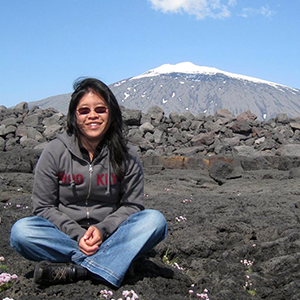
Kim Thamatrakoln, Associate Professor
Rutgers University
(diatom ecophysiology, silica cycling)
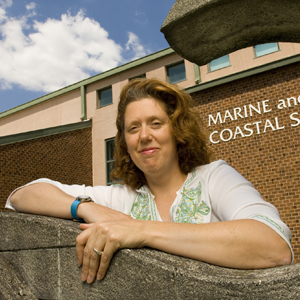
Janice McDonnel
Rutgers University
(Science Engineering Technology Agent)
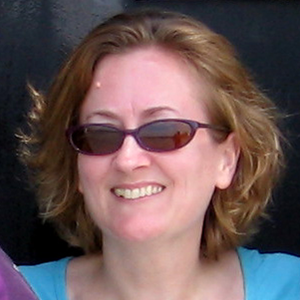
Heidi Fuchs, Associate Professor
Rutgers University
(small-scale biophysical interactions)
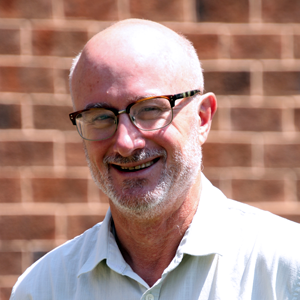
Bob Chant, Professor
Rutgers University
(ocean physics, vertical mixing, dispersion)
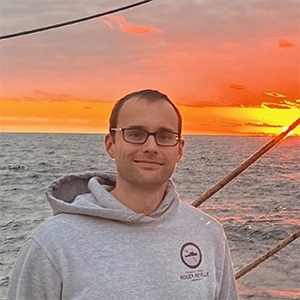
Ben Borer, Assistant Professor
Rutgers University
(microbial biophysics and biogeochemistry)
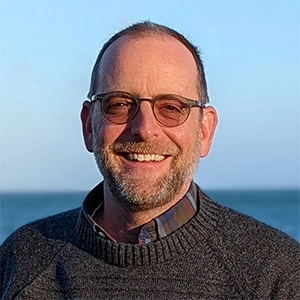
Ben Van Mooy
WHOI
(lipid and phosphorus chemistry/geochemistry, carbon flux)
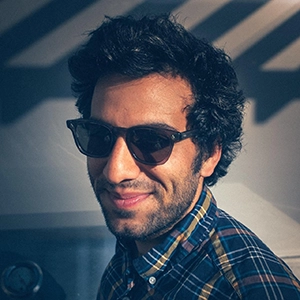
Adam Subhas
WHOI
(calcite geochemistry, biomineral dissolution)
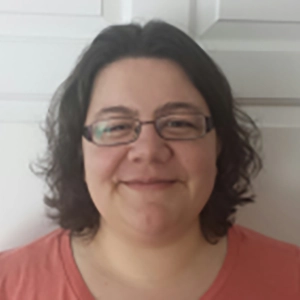
Elizabeth Harvey
University of New Hampshire
(biology, ecosystem dynamics, grazing)
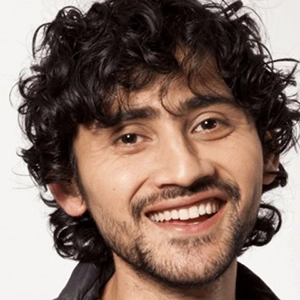
Manu Prakash
Stanford University
(invention, adaptive technology, physical biologist)
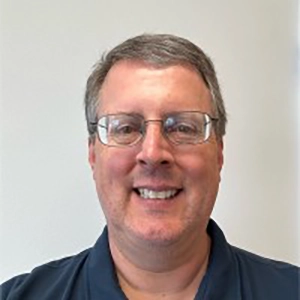
Keith Lindsay
National Center for Atmospheric Research
(ocean modelling, global carbon cycle)
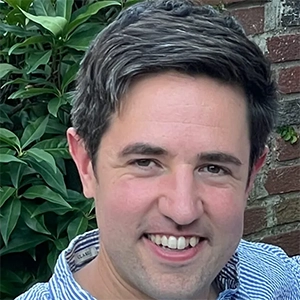
Dan Whitt
National Aeronautics and Space Agency
(applied math, high-end computing, theory to model, interdisciplinary oceanography)
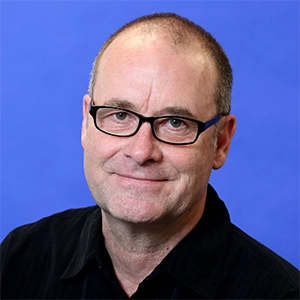
Alexander Bochdansky
Rutgers University
(plankton and microbial ecology, visualization of particles)
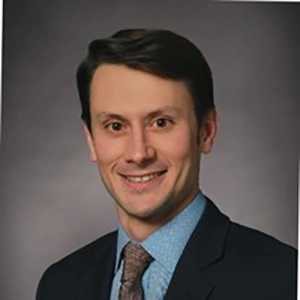
Matthew Rau
George Washington University
(mechanical engineering, aggregation-disaggregation of marine particles)
An entwined interaction matrix from substantive integration
Core PIs in this project interacted closely in various ways (e.g. weekly meetings, retreats, workshops, 5-week oceanographic cruises, field campaigns in Norway and Italy, etc.) over 5 years to discuss concepts, develop hypotheses (see Convergence section), design experiments, conduct measurements and disseminate/communicate findings and information. This process has also layered additional colleagues from other institutions and countries spanning different disciplines, as a way to grow our convergent community and broaden its impact on this grand challenge of viruses, biominerals, physics and the carbon cycle.
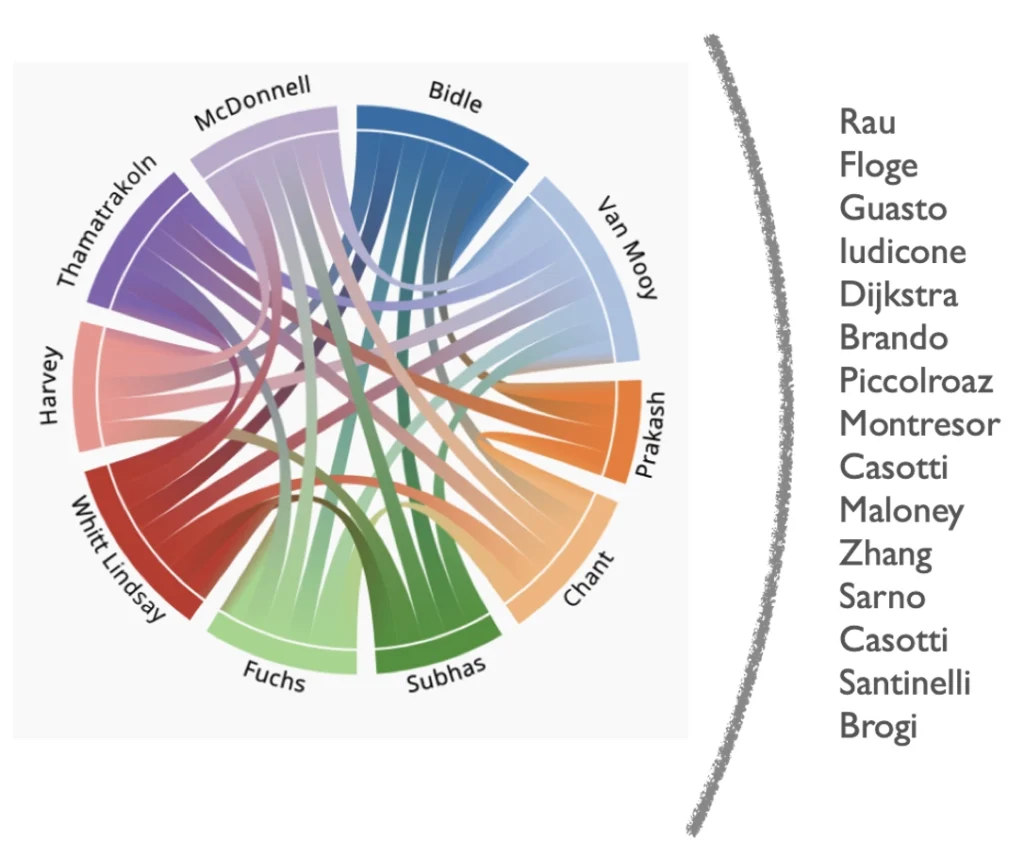
Our Partners
In addition to our broader scientific research community, we have also worked hard to expand and maximize our collective convergent mindset and impact across a spectrum education and society.
Our work interfaces closely with Rutgers Climate and Energy Institute–RCEI (https://rcei.rutgers.edu) and initiatives Advancing Impacts of Research in Society—ARIS (https://researchinsociety.org). A key outcome from our project is the development of tangible resources to help guide successful implementation of transdisciplinary convergence research. Indeed, these approaches are required for a growing array of Climate and Energy-related research initiatives, and Rutgers is a leader in this area. The successful ability of GCR researchers to ‘converge’ provides a useful case study for use at Rutgers and across the nation. It is based on the co-creation of knowledge across professional and developmental perspectives, in which students, professors, researchers, and stakeholders participate in collaborative work that bridges academic knowledge with practical applications in ways that are mutually beneficial, equitable, and sustainable. It is grounded in rigorous research and creative activity that aligns with academic disciplines with mutual benefit to researchers and community members.
This work is becoming more relevant and accessible as Rutgers recently (October 2024) joined the Engagement Scholarship Consortium (ESC)—a nonprofit educational organization, composed of higher education member institutions, a mix of public and private colleges and universities. ESC works collaboratively to build strong university-community partnerships anchored in the rigor of scholarship and designed to help build community capacity. Rutgers (McDonnell) is also a Co-PI on the NSF-funded Center for Advancing Research Impacts in Society (ARIS; (https://aris.marine.rutgers.edu). This center works with U.S. and international scientists and engagement practitioners to build capacity, advance scholarship, grow partnerships and provide resources to help them engage with and demonstrate the impact of research in their communities and society. We are developing a variety of tangible CES outcomes, including collaborating with underserved schools to improve STEM education through co-designed teaching strategies and developing educational/teaching resources around ‘Creativity and Convergence’ through educational video and hands-on activities, as part of the ‘Tools of Science’ series (https://www.youtube.com/@ToolsofScience/featured), which his led by Rutgers’ Bidle, Thamatrakoln and Janice McDonnel). It is being used in Bidle’s ‘Introduction to Oceanography’ class which engages Rutgers undergraduate students (both science- and non-science majors) in multidisciplinary science related to real world, 21st century challenges.
